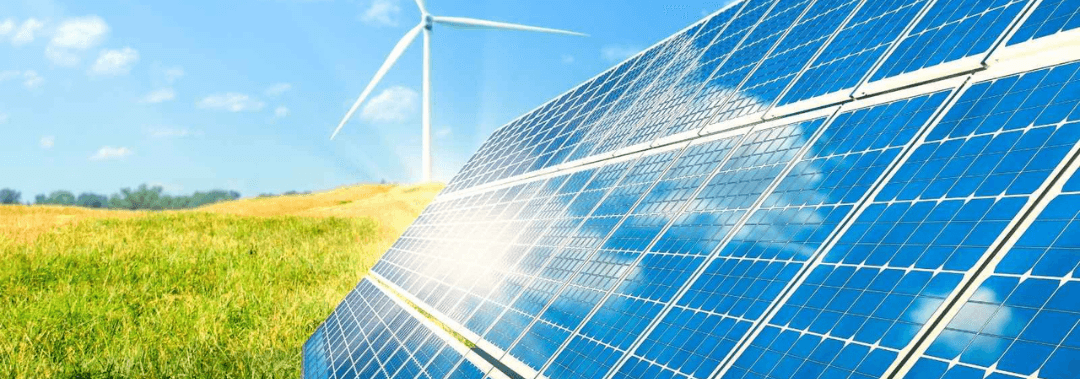Solar Hybrid System
Grid-Connected Solar Photovoltaic System with Additional Battery Storage

Today, the financial strain of relying on conventional power sources is prompting individuals to seek alternatives at a rapid rate. Hybrid solar systems emerge as a preferred alternative, offering safety and convenience. By becoming their own power producers, individuals can effectively save money.
While harnessing solar energy is advantageous, its availability is limited to daytime hours. To address this issue, a Hybrid Grid System allows for the storage of surplus energy to be used during nighttime hours, potentially leading to a complete elimination of electricity bills.
Although less common than grid-tied solar systems without batteries, hybrid systems are more costly and complex to install. Utility companies are typically reluctant to facilitate their adoption.
A grid-tied solar power system with batteries utilizes both batteries and the grid as backups. Excess energy is stored in batteries, with any remaining power being directed to the grid once the batteries are fully charged.
In the event of a grid outage, the system seamlessly transitions to off-grid mode, drawing on solar energy stored in batteries for backup, proving invaluable during emergencies.
A hybrid solar power system offers numerous benefits, including the storage of surplus solar energy, resilience against power outages, a favorable return on solar investments, and protection against rising electricity prices.

Advantages of Hybrid Solar Energy Systems
By integrating solar panels with battery storage and grid connectivity, these systems provide a versatile and reliable source of power. They offer cost savings compared to fully off-grid systems while ensuring continuous power availability through the combination of battery backup and grid connection.
It comes at a lower cost than a fully off-grid system.
With both battery and grid serving as backups, it guarantees a more reliable power supply.
During a power outage, homeowners have the ability to utilize their own power supply.
Financial incentives for solar power are available.
Disadvantages of Hybrid Solar Energy Systems
One potential drawback is the initial cost, which can be higher compared to traditional grid-tied systems due to the additional components like batteries. Additionally, these systems require regular maintenance to ensure optimal performance and longevity, adding to the overall cost of ownership.
Difficulty with utilities may be experienced by homeowners during installation.
Utility fees may have to be paid for solar power.
Some financial incentives may not be applicable.
Grid power may still be required.
It is not easy to install like a one without a battery.Solar power and battery backups may not prove enough.

Further Factors to Contemplate Regarding Solar Power Systems

The type of solar power system you choose for your home is undoubtedly a crucial decision, but in addition to that, there are other factors to consider, including:
Solar Power System Size: The size of the solar power system you opt to install in your home is contingent upon your energy needs, as well as whether you intend to incorporate battery storage or generate electricity independently. Factors such as your power consumption habits and the amount of sunlight available for generation will influence the ideal system size.
Solar Panel Placement: While solar panels are typically installed on the rooftops of homes, there are instances where ground-mounted posts may be utilized. This scenario arises when the roof is aged, has an unconventional slope, or lacks adequate sunlight exposure.
Fixed vs. Sun Tracking Arrays: Solar arrays come in two varieties: fixed and sun tracking. Fixed arrays are the more prevalent option, being both cost-effective and straightforward to design and install. On the other hand, sun tracking arrays are employed to maximize solar power generation. By dynamically adjusting the angle of solar panels, sun tracking arrays ensure optimal exposure to sunlight, thereby increasing energy yield.
Solar Panel Material: Solar panels come in various materials, including crystalline silicon, monocrystalline, polycrystalline, and thin film. Solar installers possess the expertise to recommend the most suitable material for your solar power needs.
Solar Power System Financing: While some homeowners can afford to purchase a solar power system outright, others may require financial assistance. Loans are readily available for this purpose. Another viable option is leasing, which allows homeowners to enjoy the savings and financial incentives of solar power without the burden of upfront costs.
